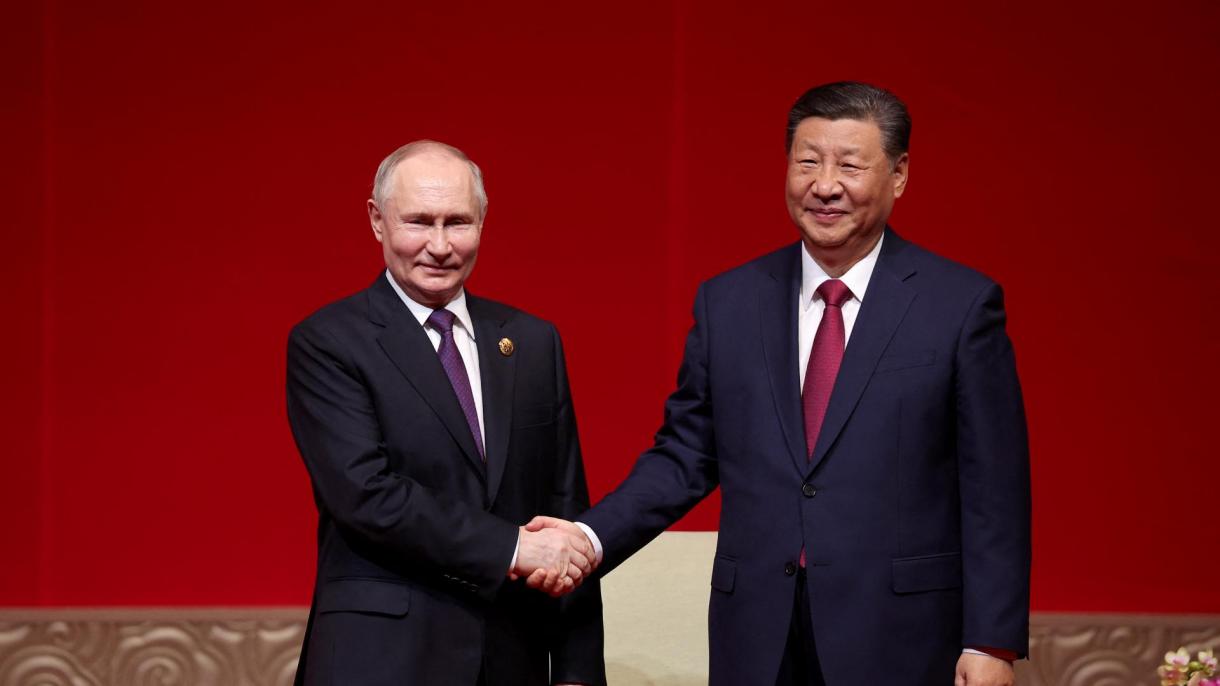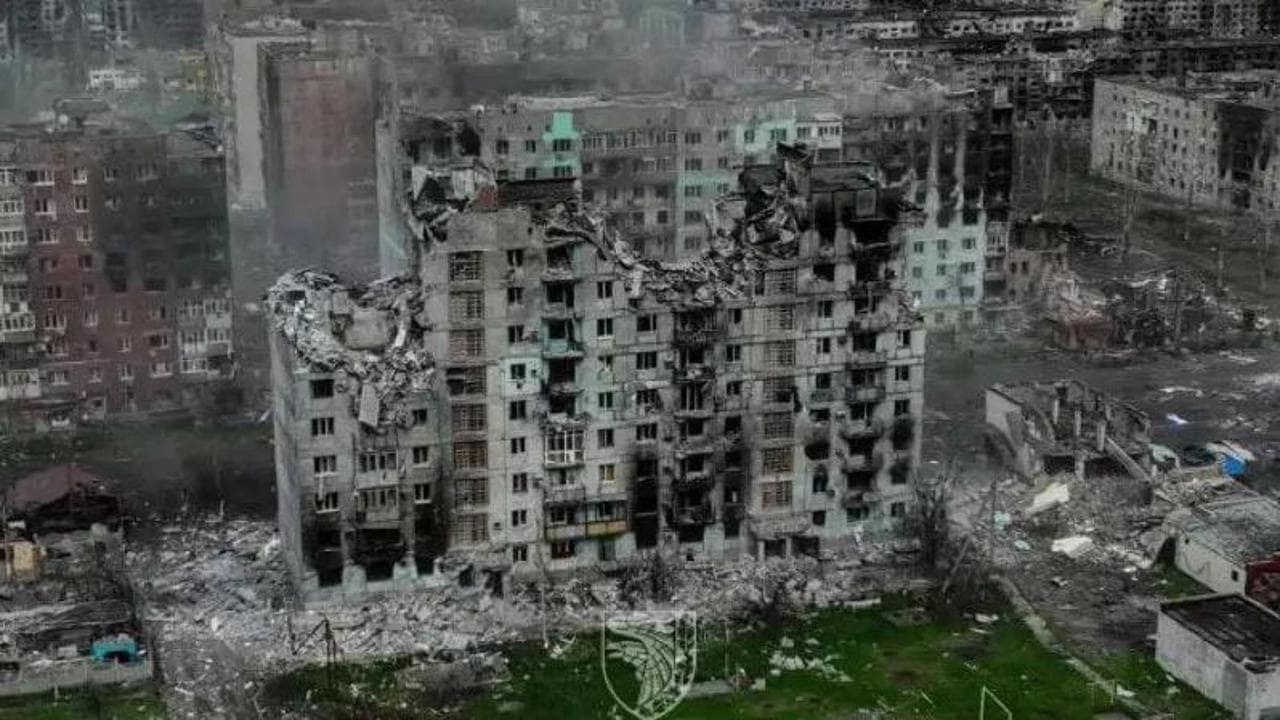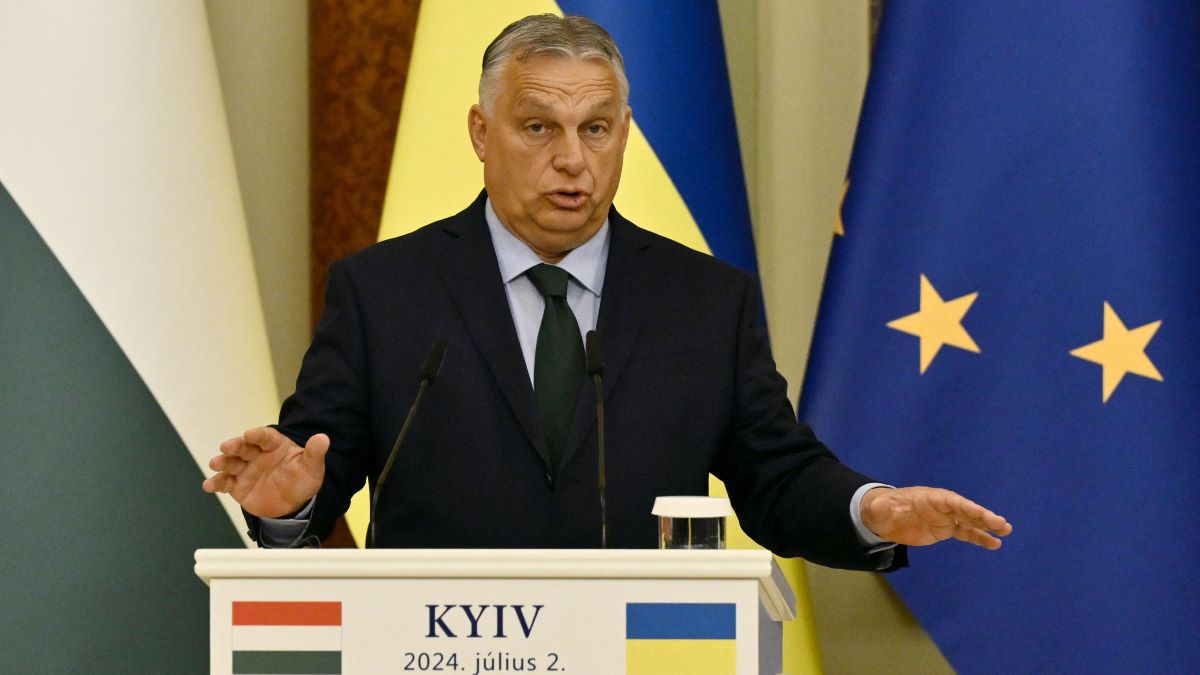Putin’s visit to China highlights Russia’s distancing from the West, a path begun after the Maidan Square coup in 2014. Despite initial attempts at integration into Euro-Atlantic economic governance, Russia chose an autarchic path, strengthening cooperation with China and the BRICS. This has led to stronger economic and geopolitical relations with Beijing, while the West has retreated into a “friendshoring” strategy. Elena Basile argues that a healthy West should mediate with China to stabilize global crisis areas.
* * *
by Elena Basile
Putin‘s visit to China marks another step in the path that the West’s pathological worldview has forced Russia onto, a country that for decades had knocked on Europe’s door. When Putin came to power in 2000, he had two strategic objectives: integrating Russia into Euro-Atlantic economic governance structures and restoring state sovereignty. Until 2014, he managed to reconcile Moscow’s strategic independence with the need for stable economic relations with the West. The widely documented military coup in Maidan Square in 2014 left the Kremlin stunned.
The troubled decision to annex Crimea to protect the Black Sea base in Sevastopol could have initiated an autarchic development and stripped the Russian president of the support from the social and economic bloc that had benefited from trade and investments with Europe. Protecting Russian sovereignty no longer seemed compatible with Moscow’s economic interests. Moreover, in 2014, the West also underwent disintermediation between capital and political interests. The West rejected globalization, which had led to a distribution of economic power in favor of China and emerging markets. It entrenched itself in a strategy that would become friendshoring: trading and investing only with friends.
In 2014, the Russian annexation of Crimea was carried out by a shocked but deliberate leadership. The revolt against the American pax, which aimed to desovereignize Moscow, was possible because, in China’s shadow, a new world was emerging. The new Silk Road, which could have implied development and prosperity for the Eurasian area with significant impacts for European countries, was launched in 2013. In 2014, Russia signed a $400 billion agreement with China for energy supply and infrastructure construction. This initiated unprecedented economic cooperation that strengthened the Eurasian economic union. From 2008 onwards, a multipolar world loomed on the horizon. The BRICS emerged in 2020, expanded, and found a vital bond in contesting US hegemony, which is only comforted by military supremacy. Thanks to China and the global south, Moscow won against the risky gamble started in 2014 and survived Western sanctions. Today it is much stronger than before.
In Beijing, Xi and Putin strengthen their collaboration. Russian imports of Chinese electric cars and defense industry components are increasing, as are energy and agri-food exports to China. The stigmatized autarchies in geopolitics declare common intentions of peace and world stabilization. They call for a ceasefire in Gaza, the immediate release of hostages, and a peace conference to achieve a two-state solution. Putin supports China’s mediation, with its 12 points continuing to represent the only parameters of rational and strategic diplomacy. With ritual strabismus, former colleagues who receive perks and cushy positions by collaborating with US-funded think tanks silence intellectual honesty (are we the pro-Putinists betraying the Republic’s values?), explaining that China is dominant and needs the West, with trade with Europe remaining almost double that with Moscow. They underline Russian subordination but fail to see Europe’s subordination to Washington.
In reality, Russia and the BRICS are aligning with China, which, in response to the illegal actions of Western finance (excluding Moscow from SWIFT, economic sanctions, and seizing $300 billion in Russian funds in euros), has accelerated the dedollarization process. The BRICS are growing in number, supporting globalization and multilateralism reform, the UN and OSCE, ending Western double standards, applying clear rules rather than US-interested à la carte ones, and reforming IMF and World Bank economic governance. If the West were healthy and the political media space uncorrupted, these issues would be the focus of reflection. A diplomatic mediation strategy with China, the BRICS, and the global south should be developed for the requested reforms and to stabilize crisis areas. But pompous and arrogant, like my former colleagues once co-opted for their loyalty in the halls of power and now preaching on the most-read newspapers, Western ruling classes despise the other, dehumanize it, leave future generations with runaway debt, the failure of the green transition, digital surveillance systems, and conflicts.
Il Fatto Quotidiano, May 21, 2024





